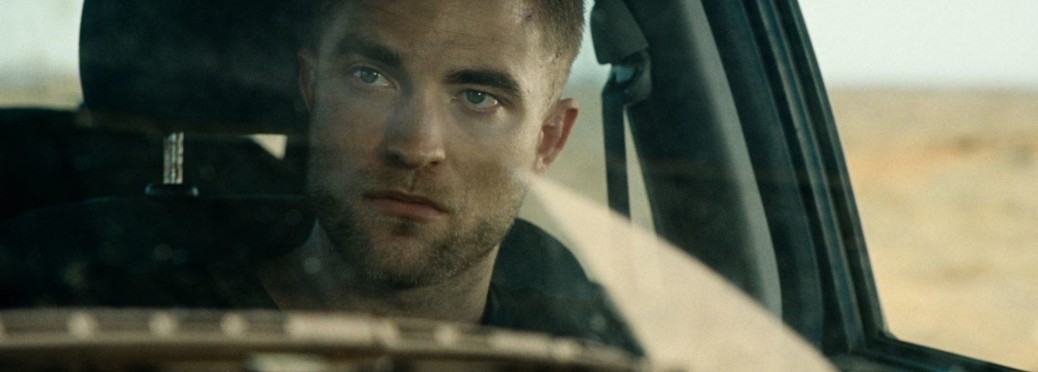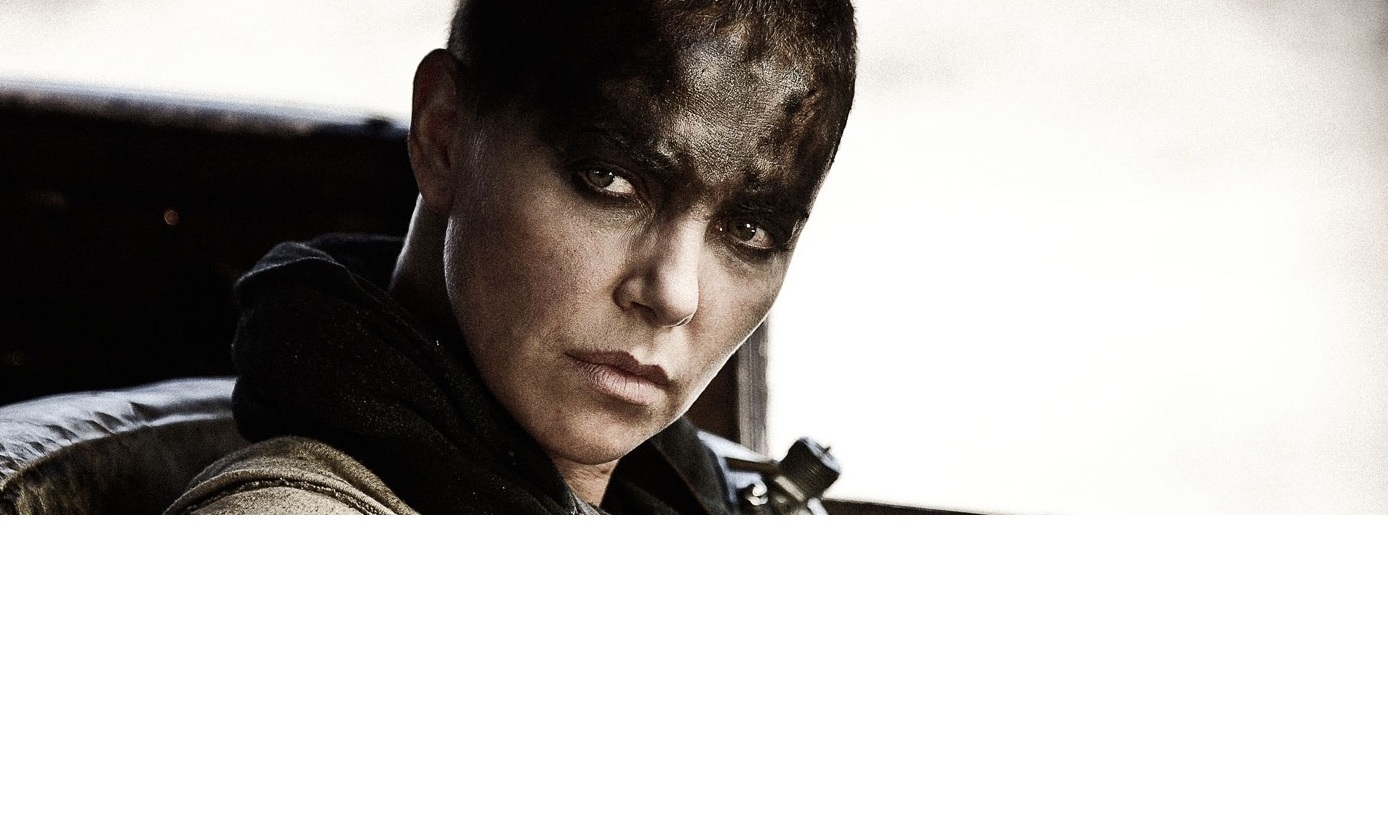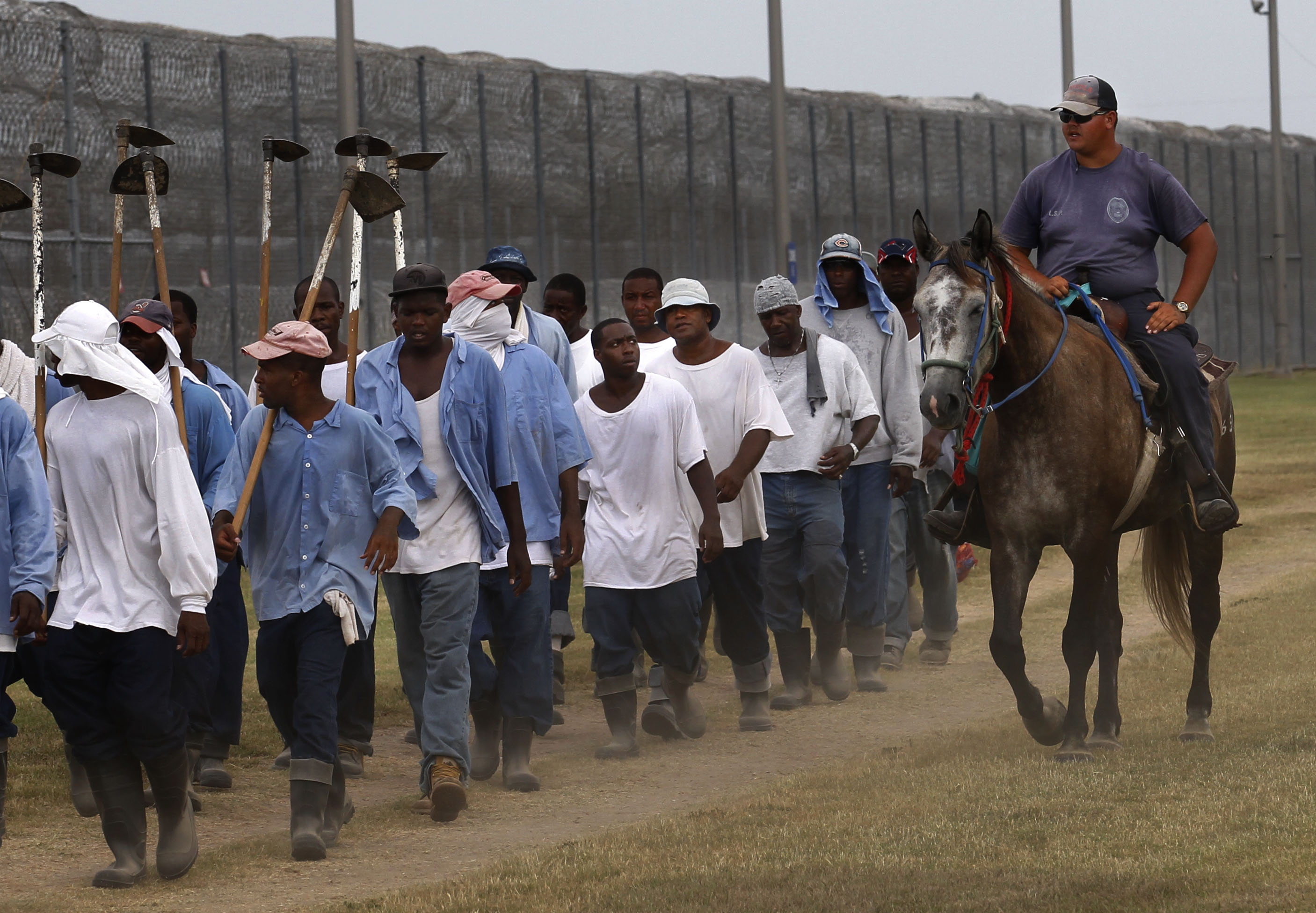Ten years after a global economic collapse, Eric–a hardened loner–pursues the men who stole his only possession: his car. Along the way, he captures Rey, one of the thieves’ brother, and the duo form an uneasy bond during the dangerous journey.
Toward the close of The Rover, Eric (Guy Pearce) and Rey (Robert Pattinson) glare at their destination and finalize their plan. They decide to wait until morning before they confront Henry (Scoot McNairy), Rey’s brother. After a pause for thought, Rey sets off to his transitory resting place one last time. His march is accompanied by Keri Hilson’s “Pretty Girl Rock”, which fills the air around him. At first the song seems to reflect his headspace, showing a man empowered to control his own fate. As the beat hits, the shot cuts to Rey staring out from his truck, looking into the collapsed world with a fixed resolution. But the camera lingers and pushes in. The music shifts from non-diegetic to diegetic. In non-committal mumbles Rey begins to sing along—“don’t hate me cause I’m beautiful.” His expression drops and he turns the radio off.
Unlike other post-apocalyptic narratives, The Rover doesn’t seek transcendence or hope within its bleak setting. Loyalty and integrity still carry nobility, but neither makes one invulnerable to the actions of others. As such, the film spends much of its time analyzing the effects of Eric and Rey’s words and actions toward each other.
Eric isn’t guided by a higher purpose; he merely wants to reclaim his car and the contents within. In his eyes compassion and justice disappeared years ago, leaving a society competing for existence. On the other hand, Rey still possesses a naïve optimism of the world, seeing the fingerprints of God intact after the world’s disintegration. This outlook drives him in the pursuit of his estranged brother, believing that a shared fraternal conviction in God provides him hope.
These perspectives come to a head when Eric questions the manner in which Rey was separated from his brother. As Eric shares his view of the world, Rey becomes more and more reluctant to provide details through his ideologically biased recollection. He shrinks and begins to question the events surrounding his abandoning.
The night before his reunion, Rey entertains echoes from the past, reveling in the music of his youth. For a moment he goes along the rhythms and mutters the lyrics, hoping that the world isn’t as different as it seems. But Hilson’s song can only hold him for so long, and soon the world becomes clear. He descends from his truck and returns to Eric with a shared vision of humanity, one that he will carry to the film’s close.
The Rover’s outlook on society mirrors post-9/11 and post-2008 attitudes toward hope and prosperity. Like Eric’s experience, the world has become cynical and strained, an environment where there is little room for idealism and ideology. Rey’s optimism, though noble, crumbles when interrogated by the environment he inhabits. Part of a generation born too late, Rey is forced to abandon goodness in search of welfare.
by Samuel Reimer



